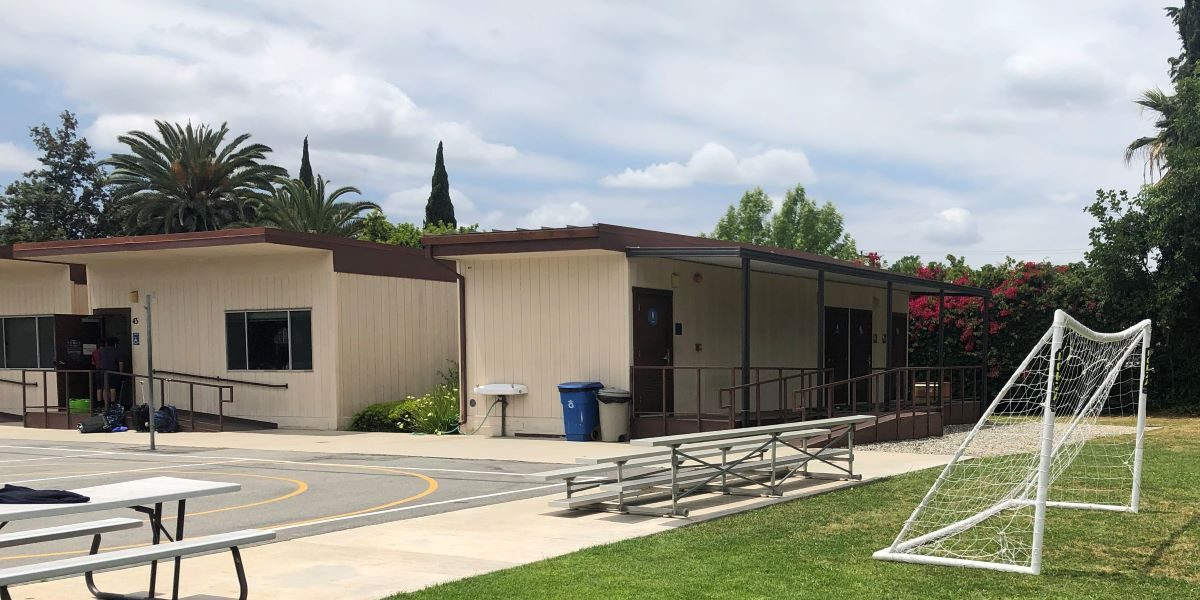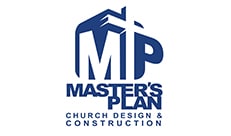By Matt Banes
For facility managers, administers, and board members at religious organizations across the U.S., finding quick and affordable solutions to space issues is a common challenge. Modular buildings have become a go-to facility answer, offering fast and cost-effective ways to add classroom, office and meeting spaces, whether it’s for a few months or many years.
But before installing a modular, there’s a crucial step that can’t be skipped: getting planning approval and a building permit from the local authorities. This isn’t just about following rules; it’s about making sure the space is safe, up to code and meets any special community zoning guidelines that are important to neighboring businesses or residents.
In this article, I will share some tips that will help you save time, money, and stress if you are seriously considering buying or renting a modular building.
Throughout the years, I’ve helped numerous organizations from the initial concept of utilizing a modular building to the final installation and occupancy. Often, a board member, administrator, or volunteer will contact me after investing significant time in researching modular building suppliers and obtaining price quotes.
However, I’ve observed that many could have utilized their time more efficiently had they first investigated building permit requirements. Why is this so crucial? Simply put, permits can significantly influence both the cost and timeline of a project even with a supportive permitting department involved.
In the U.S., municipalities often have specific zoning and permitting considerations for the installation of modular buildings. Here are some examples that may or may not play a role in obtaining a permit as every scenario has nuances.
Zoning Laws
These dictate where modular structures can be placed, with areas categorized as residential, commercial, industrial, or mixed-use. Also, how the structures appear, especially when they will be visible from neighboring properties.
- Restrictions might include building heights, setbacks from property lines, and the percentage of land that can be built upon.
- Some costly zoning requirements may include the color scheme of the modular building, exterior finish materials (stucco vs. wood) and the roof design.
Site Plan Review
Many localities require this to ensure the modular building integrates with existing infrastructure, such as roads and utilities.
The location of existing bathrooms on your campus is very important with respect to whether you will need handicap accessible bathrooms inside the modular building. This can be a costly oversight, so be sure you cover this with your Site Planning team. Handicap accessible bathrooms are required by Federal law and you want users to have safe and easy access.
Safety Standards
Modular structures must adhere to:
- Local building codes
- Fire regulations
- Accessibility standards
Environmental Considerations
These can include:
- Stormwater management
- Preservation of natural habitats
Understanding these points is smart, as modular buildings, despite their flexibility, must meet the rigorous standards set by local authorities to ensure safety and good relations with neighboring businesses and residents.
Now that you have an overview of what your local authorities are going to be considering when you approach them with a plan to install one, or multiple modular buildings, it’s time to start making smart decisions that will streamline the process of obtaining permits and moving your project from concept to reality.
5 Tips for Streamlining the Modular Building Permit Process Within Your Organization
Leverage Internal Expertise & Relationships
Before diving into the complexities of local permits, ask members of your organization if anyone has firsthand experience with the permitting process. Their insights and contacts can be invaluable.
Assign a Lead Person
If no internal expertise is available, designate a board member to spearhead the process. Their role will be to gather information, liaise with local authorities, and ensure all requirements are able to be met cost effectively.
Seek Professional Guidance
If you’re unsure about navigating the process, consider hiring an experienced architect familiar with modular structures. Alternatively, consult with a local modular building provider who has a track record in your area. Their expertise can help ensure your structure is compliant with all local regulations and standards.
Create a Space Plan
Before you approach modular building suppliers and your permitting department, be sure to have a good idea of how much space you need, what design features are important, and where the modular structure will be installed. Consider floor plan features such as bathrooms, private offices, classrooms, kitchen space and storage areas.
Also, be sure to think about the exterior door and window locations along with lighting and signage. You will also need to incorporate a handicap access ramp into the plan. This will require some design expertise and an understanding of the Americans with Disabilities Act guidelines for handicap access ramps.
Have a Vision
It’s always a good idea to form a realistic idea of how long your organization will be able to utilize the modular space you will be installing. In many cases, there is nothing more permanent than a temporary building!
However, if you are sure you only need the structure for a short period of time, this will play a role in the permitting process and may make things much easier. A more long-term or permanent use may trigger more stringent requirements from the local authorities. Either way, it’s best to have a clear vision and be able to articulate this as you move through the process.
Remember, the goal is not just compliance but creating a space that’s safe, functional, and harmonious with the community’s expectations.
Matt Banes is the president of iModular, which helps thousands of schools, businesses, government agencies, religious organizations, and individuals find temporary and permanent modular buildings, portable classrooms, mobile office trailers, and many other prefabricated structures, www.iModular.com.
















